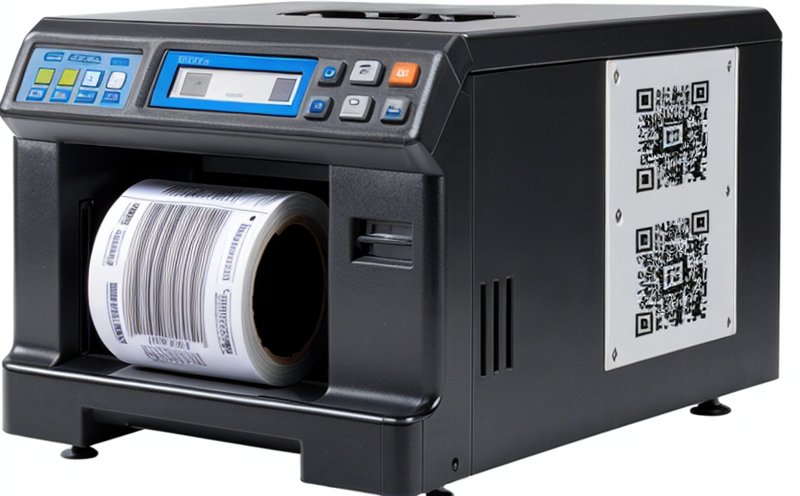ASTM D1238 Packaging Label Adhesion Test
The ASTM D1238 Packaging Label Adhesion Test is a critical procedure used to evaluate the adhesion strength between a label and its supporting substrate in packaging materials. This test ensures that labels remain intact during handling, shipping, and use, thereby protecting the integrity of packaged products.
Quality managers, compliance officers, R&D engineers, and procurement professionals rely on this test to ensure product safety and consumer satisfaction. By adhering to ASTM D1238 standards, organizations can demonstrate their commitment to maintaining high-quality packaging solutions that meet both internal and external regulatory requirements.
The adhesion strength is determined by measuring the force required to separate a label from its substrate under controlled conditions. This test helps manufacturers identify any weak points in the labeling process which could lead to premature failure of labels, especially during transportation or use. Proper adhesion ensures that printed information remains legible and intact.
During ASTM D1238 testing, specimens are prepared using specific protocols outlined by the standard. The labels are applied to substrates according to the specified procedure, ensuring consistency across samples. After application, these specimens undergo mechanical testing where a calibrated force is applied perpendicular to the plane of the label until it detaches.
The results from this test provide valuable insights into potential issues with printing quality, adhesive formulation, or surface preparation processes. Engineers can use these findings to fine-tune their manufacturing techniques and enhance overall product performance. Compliance officers benefit by having reliable data to support claims made about label durability in marketing materials.
Scope and Methodology
| Test Specimen Preparation | Apparatus and Instrumentation | Testing Procedure |
|---|---|---|
| The labels are cut to a standard size based on the substrate type. | A universal testing machine equipped with grips capable of applying controlled force. | The sample is mounted between the grips, and the specified load is applied until failure occurs. |
| Substrate samples should be preconditioned according to ASTM D1238 requirements. | A digital force gauge records the peak force required for detachment. | Failure mode (peel or delamination) is noted and documented. |
Benefits
- Identifies weaknesses in label adhesion early in the production process.
- Promotes consistent quality across different batches of labels.
- Aids in meeting regulatory standards and ensuring compliance.
- Reduces waste by preventing defective products from reaching consumers.
- Improves consumer trust through reliable product information presentation.
- Enhances brand reputation with high-quality packaging solutions.
- Potentially reduces costs associated with rework or recalls due to label failures.
Eurolab Advantages
EuroLab offers comprehensive ASTM D1238 Packaging Label Adhesion Testing services that cater specifically to the needs of our clients in various sectors. Our state-of-the-art facilities, equipped with advanced instrumentation and experienced technicians, ensure accurate and consistent results.
- Our team has extensive experience conducting this type of testing, allowing us to deliver precise outcomes tailored to your unique requirements.
- We provide fast turnaround times without compromising on quality, ensuring minimal disruption to your operations.
In addition to ASTM D1238 compliance, our services encompass a wide range of other packaging tests including dimensional analysis, seal integrity checks, and moisture vapor transmission rate measurements. This holistic approach ensures that all aspects of your packaging undergo thorough evaluation before reaching the market.





